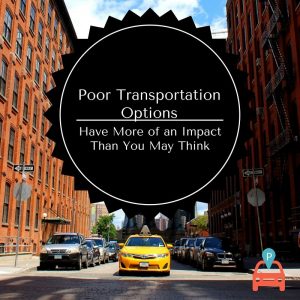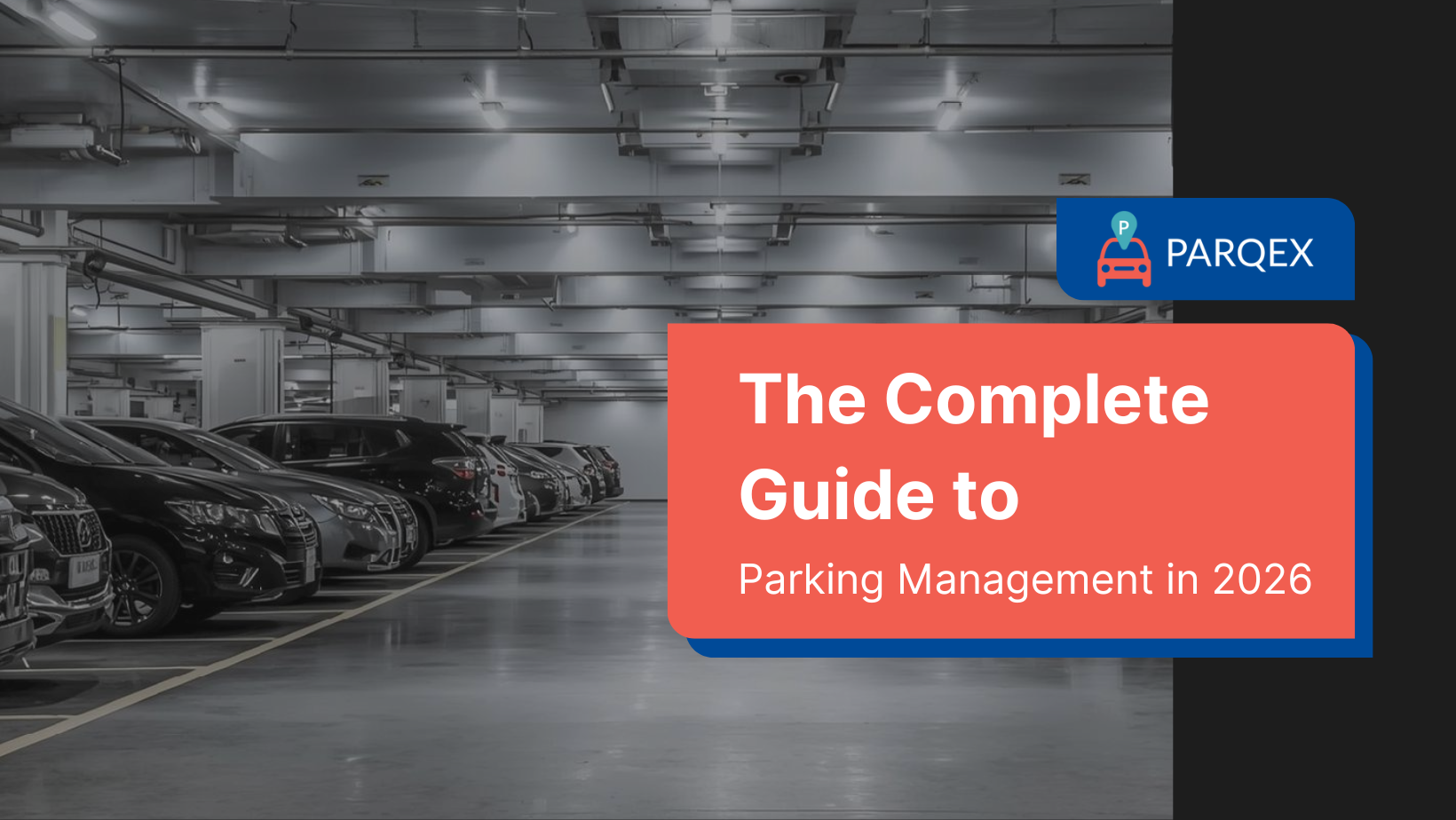Transportation used to be simple. If we got from point A to point B, we would consider it a success. As society developed, so did our transportation needs and desires. Cars gave way to more cars and trucks, and the need for public transportation rose as our society spread out. Many of the issues that have arisen due to this are not only caused by the need to reach more distant destination, but also with congestion in the cities and business hubs.
Poor transportation options, lack of mobility, and parking failures have just as many indirect consequences as they do direct. Not only are means of transportation now a symbol of status, but lack of transportation can, for example, prevent someone from attending a job interview and therefore doom them to a lower status for life. When 30% of city traffic is made of cars looking for parking, it often does not even matter why they are there anymore. King or pauper, traffic is the great equalizer as it can turn the most mild-mannered citizen into a snarling beast. It wastes people’s time and puts the general population in a collective bad mood. Below are several other ways that traffic and transportation issues can have an impact.
Poverty
In Harvard business professor Rosabeth Moss Kanter’s book Move: Putting America’s infrastructure back in the lead, she highlights several transportation challenges that all people face. One area in which there is specific focus is in regards to inequality and discrimination. She discusses how not only are the poor individuals who cannot afford to live in big cities being punished for doing so, but also any chance to improve their lives is impeded by crumbling infrastructure that provides obstacles in getting places. Furthermore, the lack of public and government support in fixing these areas or providing affordable parking options highlights the social injustices that perpetuate poverty. The poorest areas often have the least options, and this applies to transportation just as much as anything else. They will miss out on opportunities while also being unfairly labeled as lazy and irresponsible.
Environment
By 2035, 2-3 billion cars will be driving on our roads and drivers will spend 20 to 40 minutes a day on average looking for parking. This has already had a large negative impact on the environment and increased CO2 emissions. Theoretically, there are approximately 3 to 8 parking spaces available for each car on the road, but that does not seem like the case when we are driving around looking for one. People waste gas and emit harmful fumes while circling around looking for that perfect spot on the street. More traffic/less parking = more cars on the road for longer = pollution. Some cities have instituted systems allowing more control over the flow of parking and traffic. This has resulted in a better general quality of life, better air quality, and less congestion. In Barcelona, a new sustainable mobility plan has reduced traffic, created more control over public parking, increased revenues, and many new jobs.
Financial
Our country’s transportation issues have a direct impact on the economy because it makes U.S. manufacturers far less competitive globally. It does this by making it more much more expensive for other countries to use our services. It is no secret that not all manufacturing takes place in the United States, and with traffic-filled streets, congested shipping ports, and airport that are stretched incredibly thin, working with the U.S. is becoming less and less appealing. This will of course impact our economy and job growth negatively because in addition to impacting appeal, it affects delivery times and sales. While this does not always impact the individual directly, it will when these companies have to close and lay off their employees for reasons that have nothing to do with performance and everything to do with infrastructure.
Parking and transportation issues seem simple, but they can easily bleed into the rest of our society. Contact us to learn more about these issues and to reserve parking so that you will be part of the solution and not the problem!








